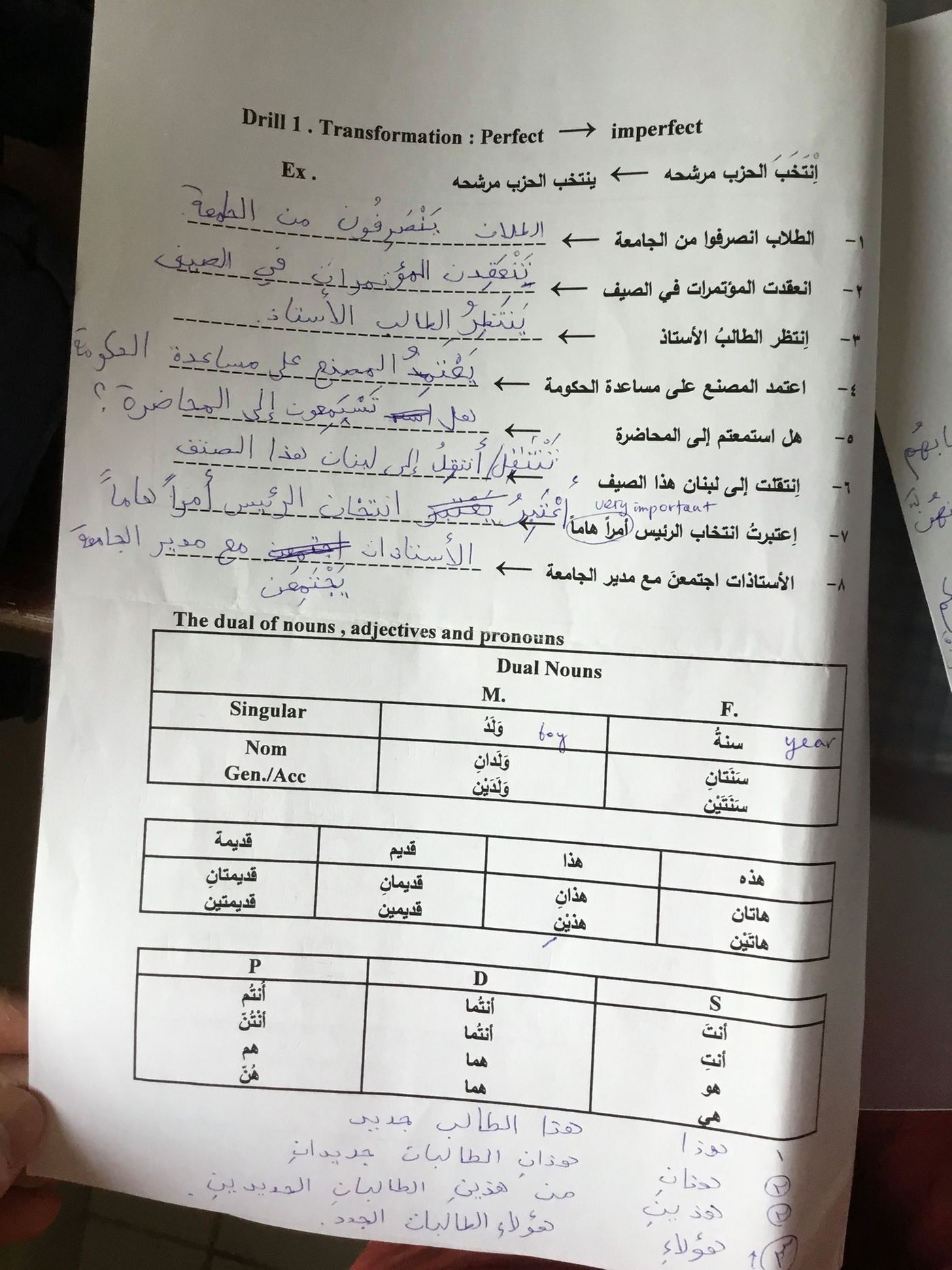Where did the word "Taliban" come from?

After returning to Taiwan from Kuwait, every time I hear the word "Taliban", I think of the Arabic grammar class chapter on "even numbers."
The word Taliban is a variant of Talib (طالب), which means "student" and is a word that Arabic beginners will encounter in the first few weeks-"Taliban" in Chinese, the reason why there is It is sometimes translated as "Theologian", which is how it came, because the original meaning of the word is "one who learns (the Qur'an)."
But when I first saw Talib (طالب), I didn't realize its relationship with the "Taliban".
It wasn't until a few weeks after the start of school, when the "even" case was taught in grammar class that I finally really came across the word Taliban (طالبان). Yes, Arabic has "even" in addition to the singular and plural cases - so if you were talking about "two students", it would be written as طالبان, or taliban.
However, why does the Taliban regime in Afghanistan use the figure of "two students" as its name? Could it be that their founders were a pair of brothers back then? (error)
So I went to check and found out that Taliban in Afghanistan actually originated from the talib borrowed from Arabic, but the -an behind it is not the Arabic "double-digit" suffix, but the Persian "" plural spaces".
In other words, the word "Taliban" itself is a product of a mixture of Arabic and Persian elements, and the "Pashtuns" who are the main body of the Taliban speak a language somewhat similar to Persian.
Therefore, the word "Taliban" actually reflects the state of the Islamic world - this is a vast, blurred border, but very different cultural areas, from Morocco in the far west, Indonesia in the far east, and Arabs in the far east. The Islamic culture based on culture/language has blended and interacted with local cultures all over the world, and thus has evolved a very different appearance in various places.
This fact is actually a very important reminder: since the 9/11 incident, the mainstream Western discourse, and most of the Taiwanese who have been deeply influenced by Western discourse, sometimes because of the Taliban (and later al-Qaeda, "Islamic State") , and imagine Islam and Muslims as terrible terrorists (when I took my mother to Egypt to play, she would say at first that people with beards and hijabs would feel a little scary).
However, the so-called "Islamic world" and Muslims are often more diverse than we think, and their views on women, Islamic law, and religious freedom are not "monolithic".
__________
Co-screening:
Many people were worried yesterday whether the situation for Afghan women would worsen when the Taliban returned to power.
At this time, I would like to recommend the book " Guest House for Young Widows: Among the Women of ISIS " by Azadeh Moaveni. The author has tracked and interviewed women who went to the "Islamic State", and wanted to know about their willingness to go to the "Islamic State" at the beginning. The reasons for this, and explores the situation and mood changes of women in the Islamic State, is wonderful.
Owl Press will publish a Chinese translation of this book this year, interested readers can pay attention!
In addition, Duan Media also published a commentary on the latest situation in Afghanistan today. It is free to read. Please be sure to read it: "Thirty Years of Friends and Enemies: Behind China's Show of Friendship with the Taliban, the Cold War of the Nation-State and the Afghan Nationals the absence of >
Like my work? Don't forget to support and clap, let me know that you are with me on the road of creation. Keep this enthusiasm together!








